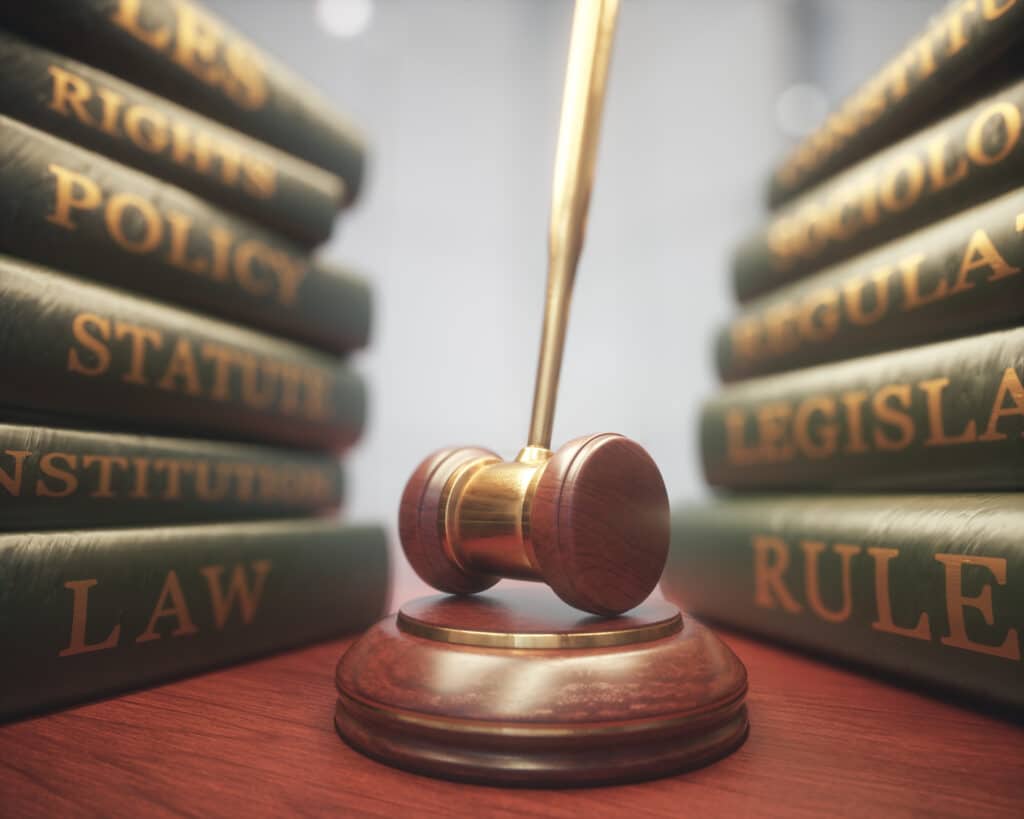
Bankruptcy can be a difficult and emotional decision, but sometimes it’s the best way to get a fresh start and improve your financial future. However, it’s essential to work with a bankruptcy attorney who can guide you through the process and answer any questions you may have. Here are the top questions to ask your bankruptcy lawyer in Alexandria VA before filing for bankruptcy.
Does bankruptcy erase all my debt?
One of the most common misconceptions about bankruptcy is that it will wipe out all your debts. While bankruptcy can eliminate many types of debts, some obligations are exempt from discharge. For example, you cannot discharge student loans, most tax debts, child support, and alimony payments in bankruptcy. Therefore, it’s crucial to ask your bankruptcy attorney which debts you can discharge and which ones you cannot.
What should I expect from the bankruptcy process?
Another essential question to ask your bankruptcy attorney is what to expect from the bankruptcy process itself. Your attorney should explain how bankruptcy works, what you need to do to file, and what the timeline looks like. For example, you’ll need to complete a credit counseling course before filing for bankruptcy and attend a meeting of creditors after filing. Knowing what to expect can help you prepare and alleviate some of the stress associated with the bankruptcy process.
Time to Finalize Bankruptcies
The bankruptcy process can take several months or more to complete, depending on the type of bankruptcy you file and your specific circumstances. Chapter 7 bankruptcies typically take around four to six months to complete, while Chapter 13 bankruptcies can take three to five years. Therefore, it’s essential to ask your bankruptcy attorney about the expected timeline for your case, so you know what to expect.
Choosing Between Chapter 7 and Chapter 13 Bankruptcy:
Another critical question to ask your bankruptcy attorney is which type of bankruptcy is right for you. Chapter 7 bankruptcy is often referred to as a “liquidation” bankruptcy because the trustee may sell some of your assets to pay off your debts. However, most people who file for Chapter 7 bankruptcy don’t lose any property because the law allows them to keep essential assets.
Chapter 13 bankruptcy, on the other hand, is a reorganization bankruptcy that allows you to repay some or all of your debts over three to five years. Your attorney can help you determine which option is best for your unique situation.
The Risks of Debt Settlement
Debt settlement can be an attractive alternative to bankruptcy because it allows you to negotiate with your creditors to pay off your debts for less than what you owe. However, debt settlement also comes with risks. For example, debt settlement companies may charge high fees and fail to deliver the results they promised. Additionally, settling a debt for less than what you owe can have tax consequences, and creditors may still report the settled debt to credit reporting agencies, which can harm your credit score. Before considering debt settlement, it’s essential to weigh the risks and benefits carefully.
What Happens to Student Loans in a Bankruptcy?
As mentioned earlier, student loans are generally not dischargeable in bankruptcy. However, in some cases, you may be able to discharge student loans if you can prove “undue hardship,” which is a difficult standard to meet. To qualify, you must show that repaying your student loans would cause you and your dependents to be unable to maintain a minimal standard of living. It’s important to note that even if you can’t discharge your student loans, bankruptcy may still be an effective way to manage your other debts and get a fresh start.
Factors to Consider When Deciding Whether to Declare Bankruptcy
Deciding to file for bankruptcy is a significant decision that requires careful consideration. Some factors to consider include:
- The type and amount of debt you have
- Your ability to pay off your debts
- The impact of bankruptcy on your credit score
- Whether you have assets that could be at risk in bankruptcy
- The potential tax consequences of bankruptcy
Your bankruptcy attorney can help you evaluate these factors and determine whether bankruptcy is the right choice for you.
Schedule a Consultation With The Law Offices of Robert S. Brandt to Speak With a Leading Bankruptcy Lawyer in Alexandria VA
If you’re struggling with debt and considering bankruptcy, it’s important to work with a qualified bankruptcy attorney who can help you understand your options and guide you through the process. At The Law Offices of Robert S. Brandt, I have years of experience helping clients in Alexandria VA and the surrounding areas find debt relief and get a fresh start. I offer personalized attention and tailored solutions to meet my clients’ unique needs. Contact me today to schedule a consultation with a leading bankruptcy lawyer in Alexandria VA.
